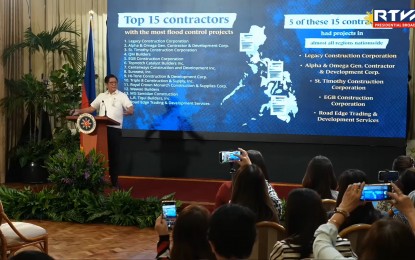Think tank Stratbase ADR recently urged lawmakers to expedite the passage of the Online Site Blocking Bill into law to help address piracy in the Philippines.
Currently, the Philippines lacks a legislative mandate to block sites with pirated content. The Intellectual Property Office of the Philippines (IPOPHL), the National Telecommunications Commission, and internet service providers are only cooperating to implement stopgap measures to block sites with pirated content.
“We thus make an urgent call to our senators to act on the Site Blocking Bill, now pending before their chamber. This bill amends the existing Intellectual Property Code of the Philippines by enabling the IPOPHIL to shut down sites containing pirated content, thus allowing it to act swiftly in the fight against piracy,” Stratbase ADR Institute president Prof. Dindo Manhit said.
The Philippines reportedly lost an estimated $700 million due to the piracy of Filipino-made TV shows and movies, with the country named as one of the top consumers of pirated content in Asia in 2022, according to the YouGov 2022 Piracy Landscape Survey.
“Aside from the economic toll on creative workers and on the creative industry, piracy is a dangerous activity that compromises users’ security whenever they go to sites distributing pirated content. They stand to lose their assets, their privacy, and even be victimized and held liable because their identities have been used for criminal activities,” Manhit said.
According to IPOPHL Director General Rowel Barba, the Philippines could face a $1 billion revenue leakage by 2027 if the online piracy issue persists. The Philippine Statistics Authority notes that piracy accounts for 7.1% of the country’s gross domestic product.
This results in lost national revenue and livelihoods and poses a risk of introducing malware to devices using pirated content, potentially opening pathways for scams.
Two separate bills — Senate Bills 2150 and 2385 — are currently filed in the Senate to amend the IP Code and remove existing limitations to include electronic and online content in the definition of pirated goods.
IPOPHL also expressed that it would welcome the revision of the 27-year-old IP Code and the mandate for authorities to disable access to online sites infringing on copyrighted materials. They stated they have long been advocating for these amendments and are ready to implement them once passed. (TCSP)




